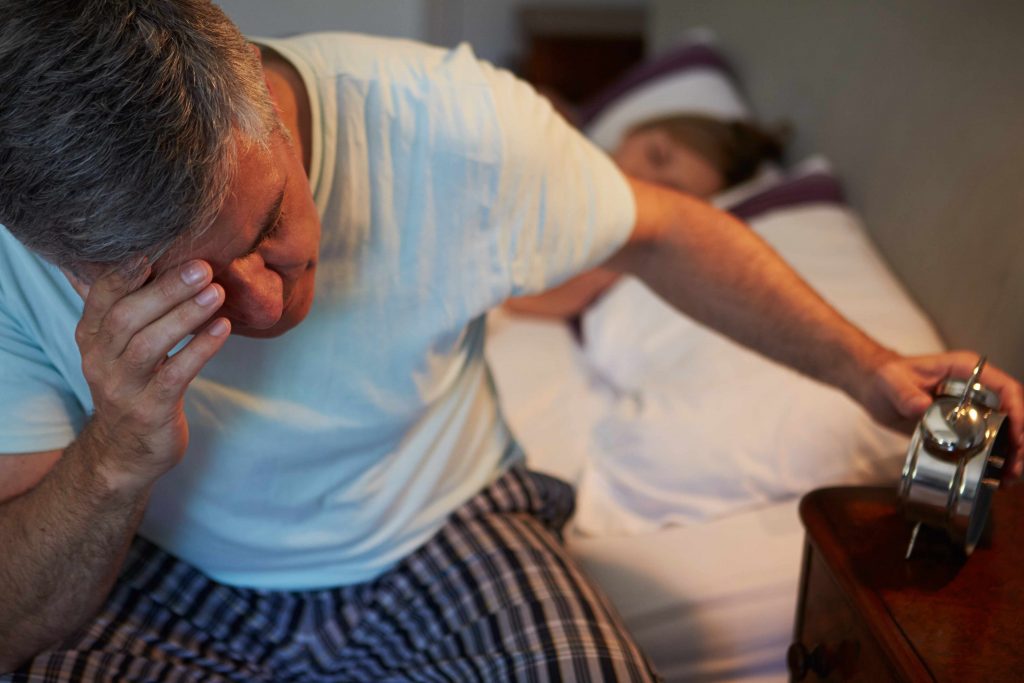 DEAR MAYO CLINIC: I’ve heard that having sleep apnea can increase your blood pressure. What if you don’t sleep well but don’t have sleep apnea. Does that raise your blood pressure, too?
DEAR MAYO CLINIC: I’ve heard that having sleep apnea can increase your blood pressure. What if you don’t sleep well but don’t have sleep apnea. Does that raise your blood pressure, too?
ANSWER: Research suggests that sleeping five hours or less a night can, over time, increase your risk of developing — or worsening — high blood pressure. Sleeping between five and six hours a night also may increase high blood pressure risk. This can occur with or without obstructive sleep apnea, a sleep disorder in which you repeatedly stop and start breathing during sleep.
In one Mayo research study, study participants were restricted to four hours of sleep each night for nine nights. The same participants got nine hours of sleep each night during a second study visit. When they slept four hours, study participants had an average systolic blood pressure reading (top number) during the night that was 10 millimeters of mercury (mm Hg) higher than during the nine-hour sleep phase. In addition, the usual blood pressure dip that occurs at night wasn't as pronounced when they were sleep deprived.
It’s not fully understood why this occurs, but it’s thought that sleep helps regulate stress hormones and helps your nervous system to remain healthy. Over time, lack of sleep could hurt your body’s ability to regulate stress hormones, leading to high blood pressure.
Nearly everyone has a bad night or two of sleep now and then, but if you’re consistently getting less than six hours of sleep, talk to your doctor about ways to improve your rest. Not only is poor sleep linked to elevated blood pressure, it also can have a big impact on your enjoyment of life and has been associated with other health risks, such as obesity, diabetes, depression, risk of accidents or falls, and even premature death. (adapted from Mayo Clinic Health Letter) — Dr. Naima Covassin, Cardiovascular Diseases, Mayo Clinic, Rochester, Minnesota







